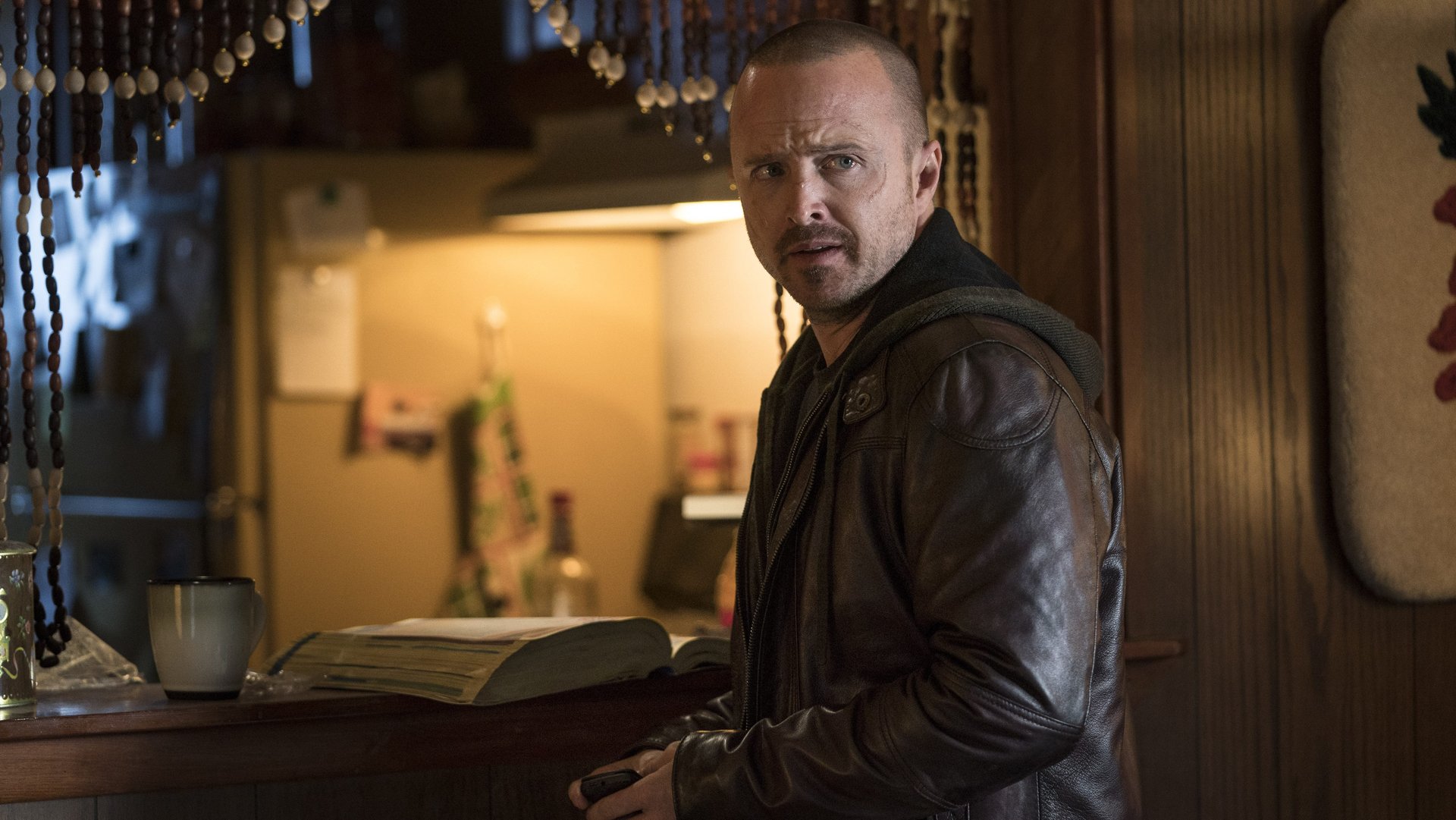Wait, movie conclusions of TV shows are good now
Remember The X-Files: I Want to Believe? Or Sex and the City 2? Or—oh God—the Entourage movie? Perhaps you’ve already blocked these films from memory. Perhaps, like some of us, they still haunt your dreams.


Remember The X-Files: I Want to Believe? Or Sex and the City 2? Or—oh God—the Entourage movie? Perhaps you’ve already blocked these films from memory. Perhaps, like some of us, they still haunt your dreams.
For a long time, movie continuations of iconic TV shows were rather dire. According to the website TV Tropes, which painstakingly catalogs every pattern and cliché throughout entertainment, the TV series movie became popular in the 1980s and 1990s as a cynically quick and easy way to make money off of existing stories with which people were already familiar. From Star Trek: The Motion Picture to Hannah Montana The Movie to the three films above, Hollywood, for the most part, has had a tough time adapting small-screen stories for the big screen.
But movie continuations of TV need not be terrible. Increasingly, they’re actually quite good! A recent spate of feature films based on popular TV shows has demonstrated that it can be a winning formula with some effort.
The Downton Abbey movie—a continuation of the PBS historical drama series of the same name—topped the US box office this weekend, grossing $31 million to give distributor Focus Features its biggest opening weekend ever. It boasts a robust 85% on Rotten Tomatoes, with many reviewers agreeing that the film captures the magic of the original TV series while adding a sense of closure.
Deadwood: The Movie was met with even greater critical acclaim. Based on the mid-2000s HBO Western, the movie was nearly unanimously praised by critics, who called it a “gift,” and a “perfect, long-delayed swan song.” (Fans of Deadwood have long argued that the series, which was abruptly cancelled in 2006 after three seasons, never received a proper ending.) It was nominated for eight Emmy awards, including best TV movie.
El Camino: A Breaking Bad Movie is poised to be the next successful film continuation of a beloved TV show. As you may have guessed, El Camino will continue the story of the Emmy-winning AMC crime drama Breaking Bad. In particular, it will show what happened to the character Jesse Pinkman (played by Aaron Paul, reprising his role) after the events of the show’s 2013 finale. Breaking Bad creator Vince Gilligan wrote and directed the film continuation, which debuts on Netflix Oct. 11.
What makes the Breaking Bad movie different from most TV-to-film continuations is that Gilligan—not the network or production company—has been the driving force behind it. In an interview with the Hollywood Reporter, Gilligan chronicles the genesis of the project: He came up with the story on his own, convinced Sony Pictures Television to get on board, and then pitched it to a select few distributors. (The movie will air on AMC at some point after it’s released on Netflix.)
Gilligan and Paul’s involvement has Breaking Bad fans giddy, including those who thought the ending of the AMC series was already perfect and question the need for more of that story. It’s difficult to argue with a writer who comes up with a new idea organically after several years. Had AMC or Netflix pressured him out of Breaking Bad retirement to write them a new story, the excitement surrounding the project would not be as palpable.
The continuity of the original series’ creative team and cast is crucial in any film continuation—as is the passage of time. Jeff Bock, a senior box office analyst at Exhibitor Relations, noted in the Hollywood Reporter that a lot of these films share a similar timeline. “There is a window for these series, and it is less than a decade,” he told the outlet. “Preferably five years, which is a sweet spot where you miss it just enough to do anything to get a little more.”
El Camino will be released six years after Breaking Bad ended. Downton Abbey had a four-year gap. Deadwood’s was 13 years, though HBO and creator David Milch had tried several times to make the film sequel sooner. The Veronica Mars movie, another relatively successful entry in this genre, came out seven years after the original series.
The film that could rebut this theory of what makes a successful film continuation is The Many Saints of Newark, a prequel to The Sopranos (which ended in 2007) due out in theaters next year. The Sopranos creator David Chase is writing and producing the film, but it will feature an entirely new cast, and won’t reach viewers until more than 13 years after the HBO series concluded.